I Wish You a Merry Christmas—Even Though I’m a Nonbeliever
Americans’ discomfort with other peoples' religious faiths goes hand in hand with Islamophobia. Americans’ discomfort with other peoples' religious faiths goes hand in hand with Islamophobia.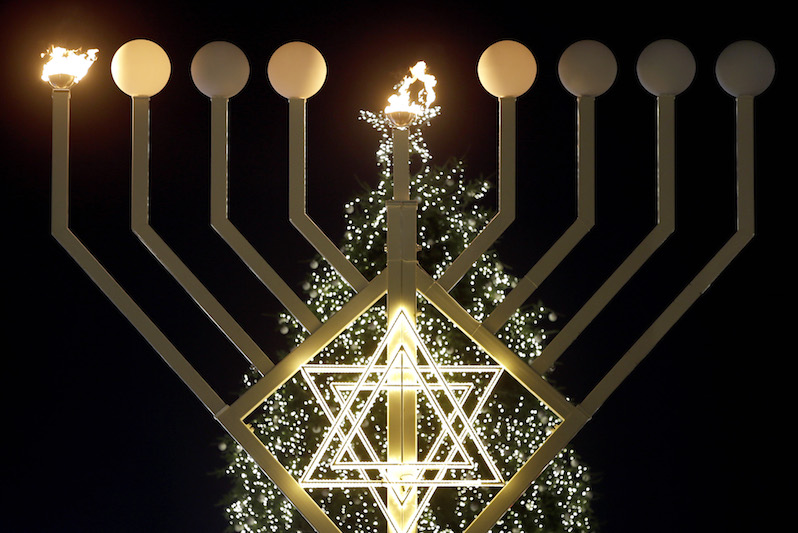 Signs of an interfaith holiday: The first flames of a giant Hanukkah menorah blaze in front of a Christmas tree at the Brandenburg Gate in Berlin in 2014. (Michael Sohn / AP)
1
2
Signs of an interfaith holiday: The first flames of a giant Hanukkah menorah blaze in front of a Christmas tree at the Brandenburg Gate in Berlin in 2014. (Michael Sohn / AP)
1
2
But there are rays of hope along the way. Some Americans have subverted racism and religious bigotry, like this Wheaton College professor who donned a hijab in solidarity with Muslims (and paid a heavy price for it). Filmmaker Michael Moore declared “We Are All Muslim” in front of the Trump Tower. And this Canadian church put up a meaningful sign reading “Christmas: A Story About a Middle Eastern Family Seeking Refuge,” drawing a poignant link between Muslim refugees escaping war and Joseph and Mary.
While the U.S. remains a deeply religious and majority Christian nation, it has an uncomfortable relationship with the vast multitude of other spiritual faiths. The same nation that nurtures Trump and Carly Fiorina, who has said she believes that people of faith make better leaders, has produced vehemently anti-Muslim atheist thinkers like Bill Maher and Sam Harris. The rabidly right-wing Fox News in 2013 excoriated religious scholar Reza Aslan for writing a laudatory book about Jesus Christ. Apparently they could not fathom the idea that a Muslim academic might appreciate the life story of Christ.
We have too much religion in the U.S., and we have too little — too much in the sense that we infuse all our festivities with exclusionary and faith-specific rhetoric, and too little in that we remain in our separate enclaves during our traditional festivities.
To be fair, there are some interfaith alliances in the U.S., but they are relegated to the margins. But perhaps we need fewer formal relationships in general. Our intolerance of other peoples’ religious faiths comes from ignorance and fear and a lack of informal mixing during festivities. Jews are expected to eat out at Chinese restaurants on Christmas Day rather than be invited to their Christian friends’ homes for a traditional dinner. Most non-Hindu Americans have no idea what Diwali is, yet they flock to their yoga classes each week.
We need to develop healthier relationships with the religions practiced in the communities all around us. We need to start asking questions, and inviting our friends and neighbors over for celebrations. Atheists need to stop turning up our noses at religious faiths and enjoy the varied cultural practices around us while being confident that we can retain our beliefs without trampling on those of others.
Maybe then we can start wishing one another a “Merry Christmas” on Dec. 25 regardless of how we identify and simply because some among us consider the day sacred. That is as good a reason as any to celebrate a holiday without feeling threatened or like an imposter. Wish me a “Merry Christmas” and I will wish you right back with gusto, even though I have no desire whatsoever to see Jesus Christ as my lord and savior — but am perfectly comfortable with yours. And come Eid, I’ll merrily wish my Muslim friends Eid Mubarak (“blessed Eid”). In the meantime this Friday, I’ll delight in lighting up my Christmas tree and watching my kids open their presents.
Your support matters…
SUPPORT TRUTHDIG
Independent journalism is under threat and overshadowed by heavily funded mainstream media.
You can help level the playing field. Become a member.
Your tax-deductible contribution keeps us digging beneath the headlines to give you thought-provoking, investigative reporting and analysis that unearths what's really happening- without compromise.
Give today to support our courageous, independent journalists.
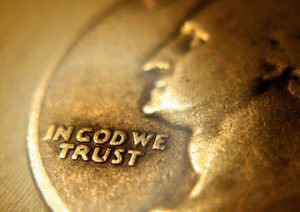
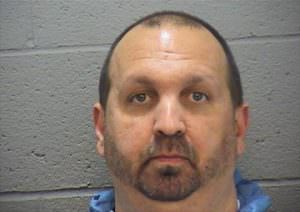
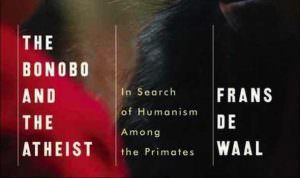

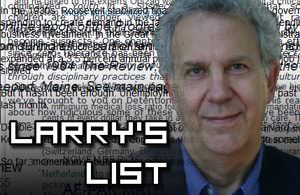
You need to be a supporter to comment.
There are currently no responses to this article.
Be the first to respond.